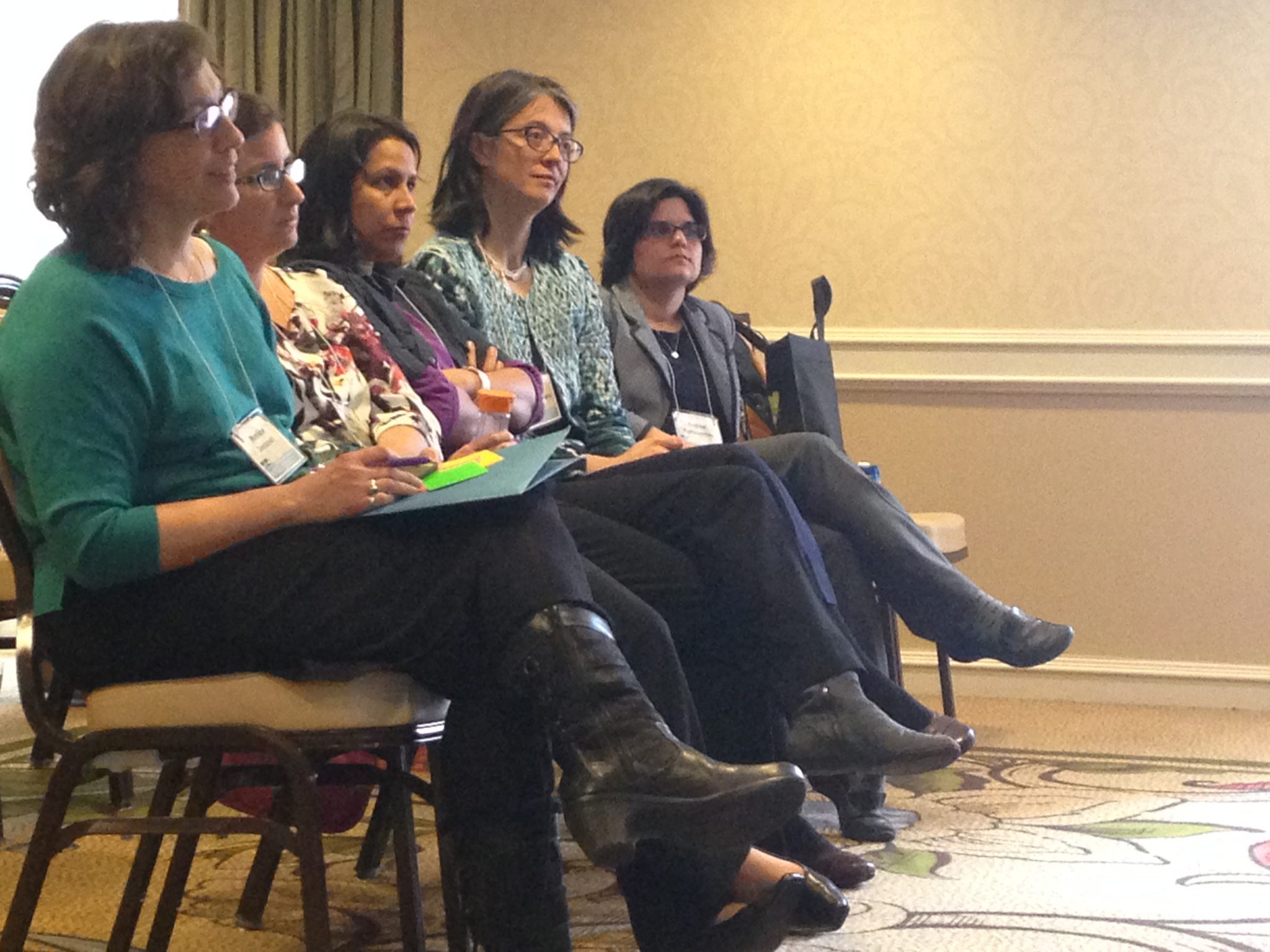Despite the absence of a traditional barrio or apparent Latino culture, 25,000 Latinos currently live in Allegheny County, up from less than 8,000 in 1990. They form a growing community whose invisible nature contributes to social issues, according to new research from the University of Pittsburgh Graduate School of Public Health’s Center for Health Equity.
At the recent 75th Annual Meeting of the Society for Applied Anthropology (SfAA) in downtown Pittsburgh, a panel of experts offered insight into various health struggles experienced by emerging ethnic minority communities, such as the Latino population in Allegheny County.
“Health care access for undocumented children, health care access for men and the influence of immigration on domestic grievances in emerging Latino communities are all among the issues faced by our region’s emerging Latino communities,” said panel moderator Patricia Documet, M.D., Dr.P.H., scientific director of Pitt’s Center for Health Equity.
Latino children compose the largest ethnic minority in the U.S., said Amalia Pesantes, M.A., a Pitt graduate currently with the Cayetano Heredia University in Peru. Many of them are likely to have no access to health care; their parents may delay medical visits, and they frequently visit emergency rooms due to a lack of other medical resources.
“Cultural barriers such as language and doubts about receiving adequate care prevent these children from receiving proper medical attention,” said Ms. Pesantes.
Additional issues arise within households with both documented and undocumented children, she said. Parents grapple with the notion that some of their children are eligible for medical coverage while others are not.
“This conflict, combined with the difficulties of navigating an unfamiliar and confusing health care system, discourages new community members from seeking out aid that is available to them,” explained Ms. Pesantes. Because of this, social networks that provide advice about where to receive care have become increasingly important for Latino community members.
“The struggles of those who are isolated from such networks are particularly apparent when analyzing Latino men, who often live alone while working to support a family who remain within their native country.”
She explained that social isolation contributes to loneliness and depression while limiting the potential for essential social networks to form. “The anxiety felt while seeking out health care could be dismantled through the formation of social communities,” Dr. Documet said.
Laura Macia, Ph.D., a postdoctoral associate at Pitt, noted that cultural unfamiliarity was also a contributing factor to the amount of domestic grievances—such as alcohol abuse and work-related stress– experienced by Latino households. Her research showed that “11 out of the 20 participants reported that immigration was a factor in the grievances they experienced due to changing expectations upon arrival, coping with a foreign culture and stress concerning official documents.”
Such research on emerging minority communities fosters a better understanding of the influences that affect access to health care among minorities in Pittsburgh.









